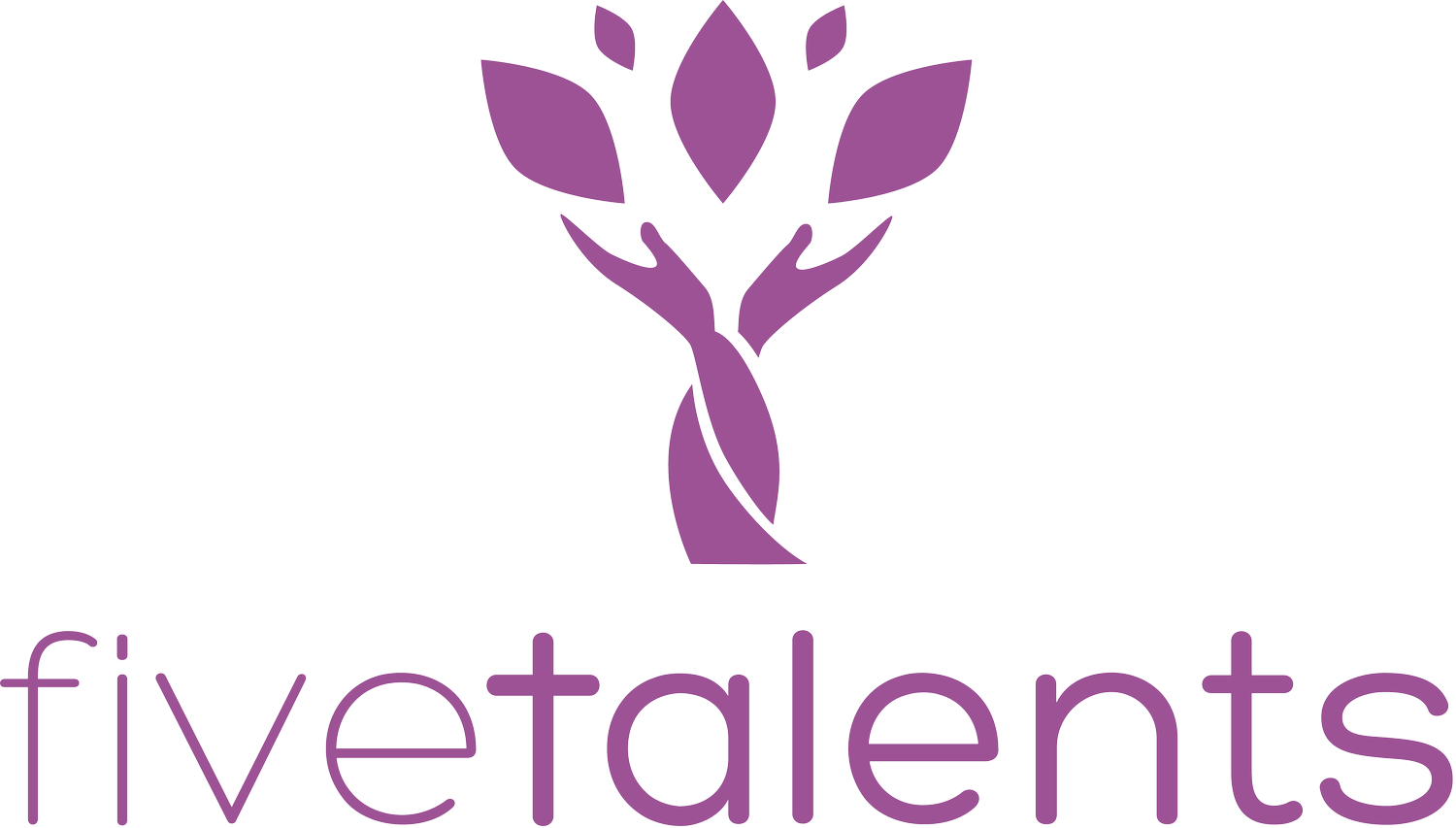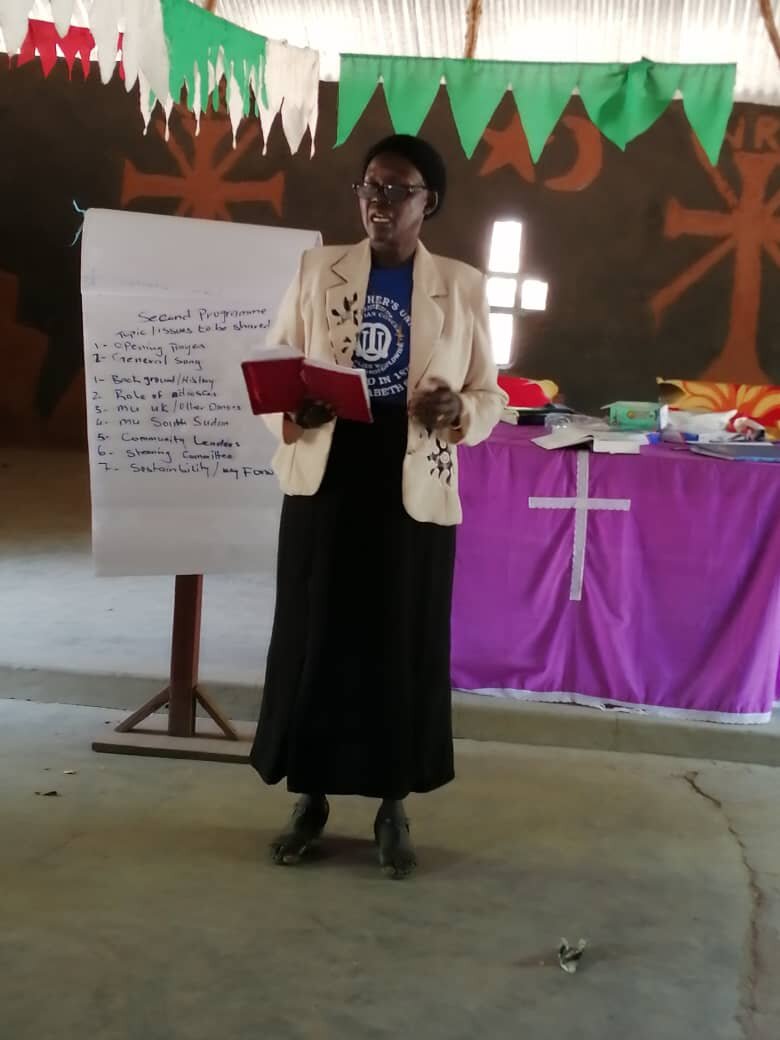Evolving Needs Mean Evolving Services:
How Church Leaders in South Sudan Are Addressing New Challenges in their Communities
A 60-year-old mother goes to church one day. In the midst of the gathering, she is called upon and asked to read from the Bible. A feeling of shame instantly fills her body. She does not know how to read. The letters and numbers are no more than a series of meaningless symbols. This is the story for many women around the world, including in South Sudan. But… this same mother decided to change her story. She started meeting with other women in a small group and gradually learned to read. Her son, John, shared that his mother’s determination makes two things very clear:
There is no limit to learning.
All races have the right to learn.
At the end of February, right before COVID-19 would change our lives and daily rhythms so dramatically, pastors, clergy, women’s ministry leaders and chiefs met at a guest house in Juba (as well as in churches in Terekeka and Renk) for workshops on Clergy Training and Raising Awareness. The purpose of the training was to help leaders implement literacy and business training programs just like the one John’s mother attended, in the areas they served. Beyond that, the workshop also focused on ministering to families affected by trauma.
A New Core Component of Five Talents Programs
Decades of war and conflict have left many communities across South Sudan scarred by trauma. Five Talents serves vulnerable groups and internally displaced people who have fled their homes because of the ongoing unrest. As the situation evolves in South Sudan, the needs of the community evolve, too, so the services of organizations like Five Talents also evolve. This is why trauma healing is now one of the core components of Five Talents’ ministry in South Sudan.
A Guiding Vision for Empowering Women and their Families
The leaders who attended this February workshop divided into groups and discussed ways they can help implement and oversee these literacy, business, and trauma-healing programs in their communities in a way that is not only transformational but sustainable. In the end, the guiding vision was set: to see literate, free, self-reliant mothers in their communities.
John shared that his mother is a beautiful picture of 1 Timothy 4:12 which says ‘Don’t let anyone overlook you because you are young, but set an example for believers in speech, in life, in love, in faith and in purity.’


